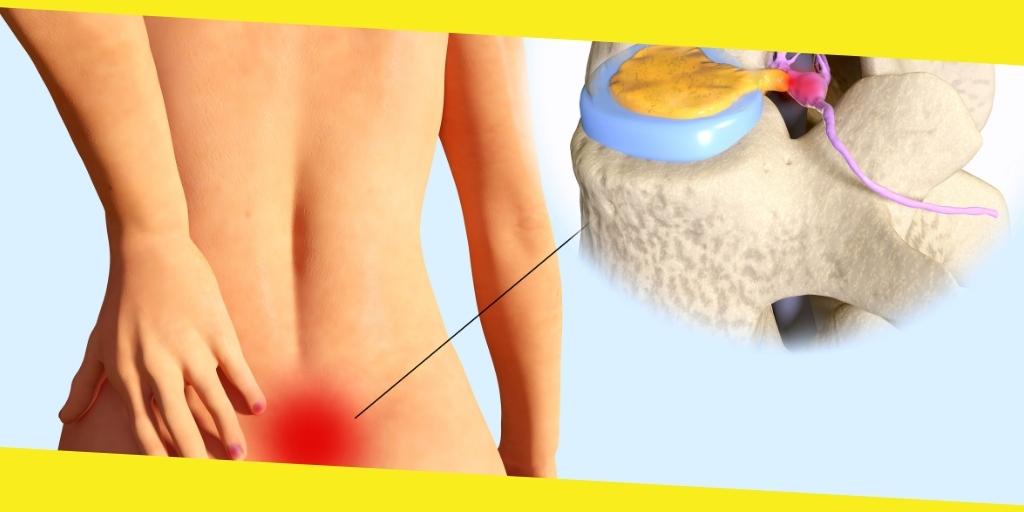
Did you know that for every 1000 adults, there are 5 to 20 cases of herniated disc every year in the USA? If you are a victim, you should consult your healthcare provider. The spinal disc is important as it acts as a shock absorber between vertebrae, supporting your upper body and enabling wider upper body movement. Fair Lawn herniated disc has become a common issue affecting the well-being of individuals around the area.
1) What Is a Herniated Disc?
A herniated disk is the issue with one of your rubbery disks sitting between the vertebrae or bones that stack, making a spine.
2) Signs and Symptoms of Herniated Discs
In several instances, herniated disk mainly happens in your lower back, although it may occur in the neck. If you have one, the following are some symptoms you may see.
Usually, if your herniated disc occurs in the lower back, you will experience pain in your calf, buttocks, and thighs.
In most cases, muscles that are served by the affected nerve tend to weaken. The issue is adverse as it causes you to stumble or be unable to lift equipment.
If you are experiencing a herniated disc, you are at greater risk of radiating or tingling in your part of the body resulting from affected nerves.
3) Causes of Herniated Disc
Usually, disk herniation results from gradual and aging-connected wear and tear, known as disk degeneration. Also, it occurs when your inner jelly stuff pushes through the crack. These leaked stuff usually press the near spinal nerves leading to the occurrence of the issue.
4) Risks Factors Associated With Herniated Disks
Excess weight increases your risk of disk herniation in your lower back.
The behavior increases your risks because smoking reduces the oxygen supply to discs causing them to break easily.
If you are in a highly demanding career, you have greater chances of the issues because lifting and bending increases the risks.
Family history may be a critical factor as you may inherit the problem from your family members.
5) When to See a Medical Treatment
It is integral to consult your medical provider if you experience the condition to prevent paralysis. Here are some reasons why you should seek emergency medical attention.
- Deteriorating symptoms
- Saddle anesthesia
- Bladder
6) Prevention of Disk Herniation
This procedure helps to decrease the pressure on your disc and spine.
In most cases, firming the trunk muscles alleviates and supports your spine.
Ensure you do not use any tobacco commodities.
- Maintain a healthy weight
Excessive weight yields more pressure on the spine and disk, making them vulnerable to herniation.
Treat Your Disc Herniation
Globally several institutions are offering herniated discs treatment. You should choose the right center and stay from an over-the-counter clinic as you may receive low-quality services. Do not look any further because Alliance Spine Associates, LLC, located in Fair Lawn, New Jersey, have got you. The center entails specialists providing comprehensive treatment for neck, back, and leg pain. Visit their offices today or book an online appointment to mark the end of your suffering.